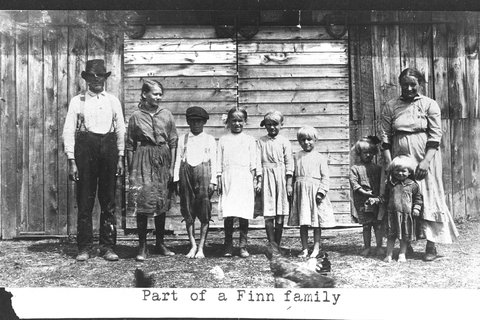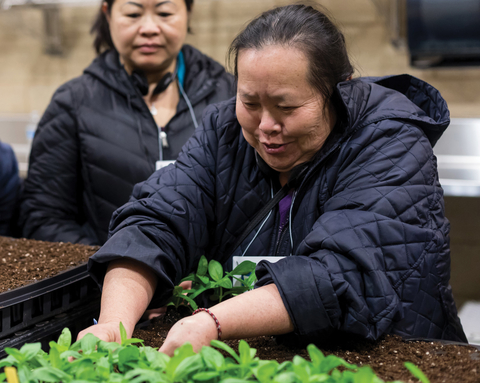When University of Minnesota Extension was founded in 1909, Extension educators were often immigrants or children of immigrants themselves. They shared farming techniques that worked for Minnesota’s soil, climate and farm-family needs.
In 1983, Extension launched an intensive effort to help Southeast Asian families who were refugees of a U.S.-led conflict support themselves by growing and marketing vegetables. The farmers soon set off on their own, but change is constant in agriculture.
The Minnesota Food Association has offered the annual Emerging Farmers Conference—formerly the Immigrant and Minority Farmers Conference—at the University of Minnesota for 14 years. Extension faculty and educators teach about plant diseases, pest management and the ever-increasing relevancy of on-farm food safety.
When the Food Safety Modernization Act (FSMA) was signed into law in 2015, it changed requirements for some fruit and vegetable farms. This new federal legislation, along with market-based audit programs like Good Agricultural Practices (GAP), can be daunting. Annalisa Hultberg, Extension on-farm food safety educator, helps growers understand science-based practices to reduce potential risks.
“You can never eliminate all the risks, but doing basic things like washing hands, cleaning surfaces, and getting water tested goes a long way,” says Hultberg.
Hultberg works with an advisory board of Hmong-American farmers to plan workshops, which are often led by the trained Hmong farmers themselves in a peer-to-peer education model.
“I don’t want to make someone sick. This makes my produce safer and cleaner.” says Phenhli Thao of Awaken Moon Farm a workshop participant.
Thao won a contract with Minneapolis Public Schools, increasing the amount of produce sold each year.



